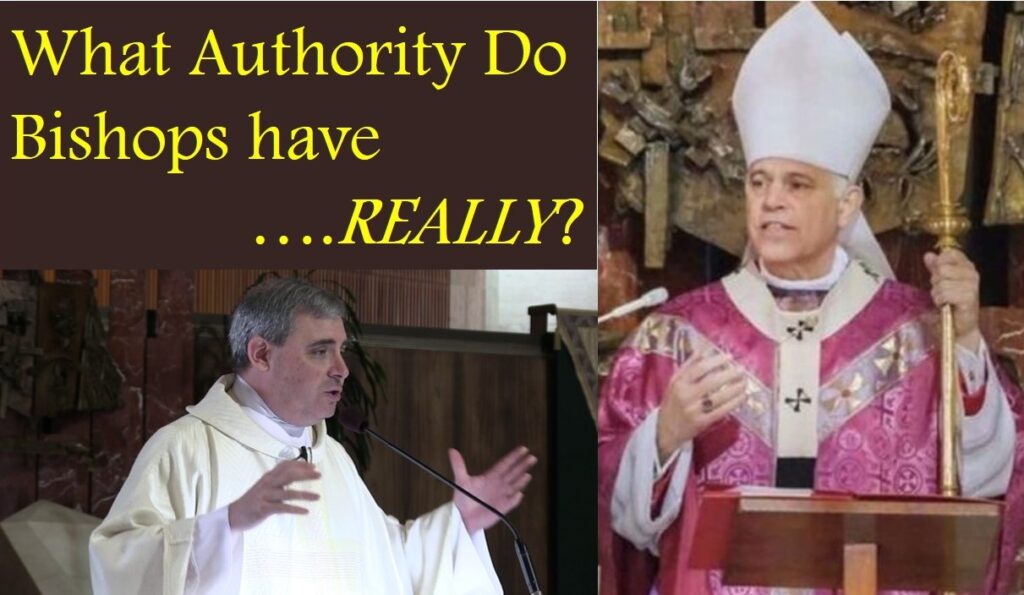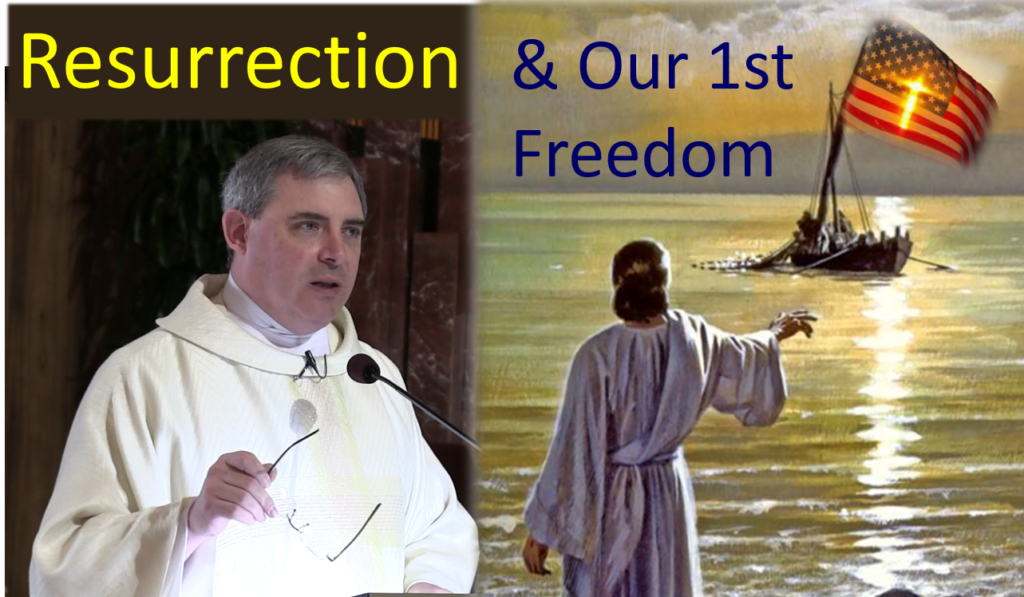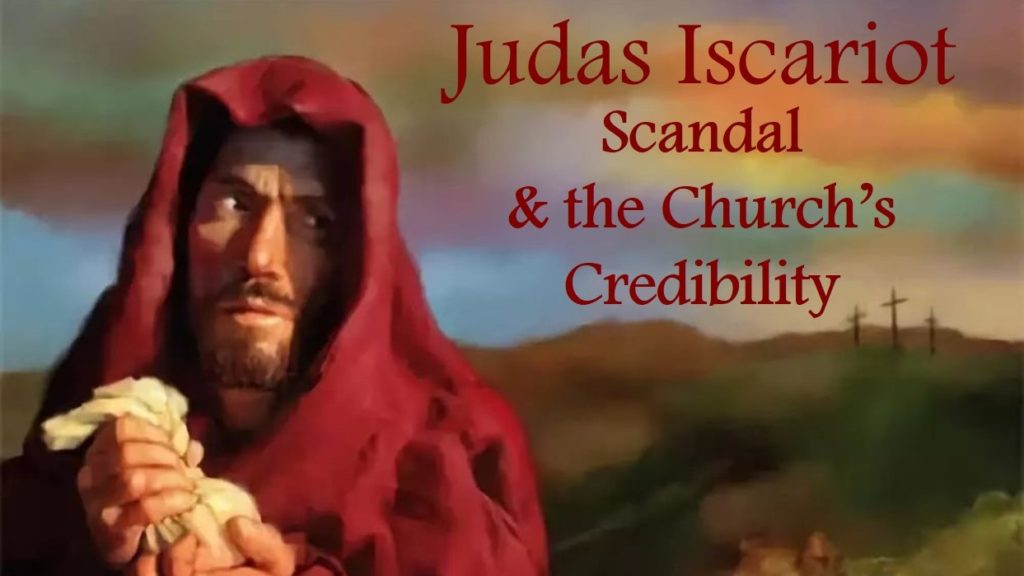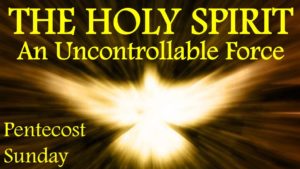Acts of the Apostles
Is the “SEPARATION OF CHURCH & STATE” in the Bible?
WHAT AUTHORITY DO BISHOPS REALLY HAVE?
THE RESURRECTION & OUR 1ST FREEDOM
FREEDOM OF SPEECH IS NOT OUR FIRST FREEDOM!!
With the news regarding the sale of Twitter, there has been much discussion on the nature of the Freedom of Speech in the United States. Fr. Bill discusses the importance of Free Speech, but also talks about another Freedom, in the Bill of Rights, more important than Free Speech, without which we will never enjoy freedom and Democratic Dominance over our Governmental Systems.




